We’ll be looking at the story of Shadrach, Meshach, and Abednego today. You likely remember the story from Daniel 3, but I encourage you to read it prior to reading this post. The links below will take you to the passage online, and even allow you to listen to it if you’d like. (To listen, click on the speaker symbol in the line of icons above the passage.)
Daniel 3 from the New International Version
King Nebuchadnezzar had installed a gold image 90 feet high by nine feet wide, in the plain of Dura, and had called together the officials throughout the land to come to the dedication of the image. This was a major event in Nebuchadnezzar’s reign. As the king of Babylon, he had conquered all the nations around, and now he planned to bring unity to his kingdom, both politically and spiritually, by calling them to bow before the image.
The assembled crowd was told that when the music began to play they were to fall down and worship the image. Anyone who failed to do so would be thrown into a blazing furnace.
Shadrach, Meshach, and Abednego had been brought to Babylon from Jerusalem as captives, brilliant young men who were being trained to serve Nebuchadnezzar. When he heard that they refused to bow before the image and worship, the outraged king called for the young men. He offered them a second chance, reminding them of their fate—the blazing furnace—should they still fail to bow. “Then what god will be able to rescue you from my hand?” he demanded.
Here is the crux of the story. Nebuchadnezzar thought that because he ruled over much of the known world, he was more powerful than any god-with-a-little-g. But he had not reckoned on God-with-a-capital-G, who said in Isaiah 42:8, “I am the Lord; that is my name! I will not give my glory to another or my praise to idols.” King Nebuchadnezzar was about to learn that for himself.
Shadrach, Meshach, and Abednego did not cower before the king. They stood their ground with this response: “King Nebuchadnezzar, we do not need to defend ourselves before you in this matter. If we are thrown into the blazing furnace, the God we serve is able to deliver us from it, and he will deliver us from Your Majesty’s hand. But even if he does not, we want you to know, Your Majesty, that we will not serve your gods or worship the image of gold you have set up” (Daniel 3:16-18).
In his fury, the king ordered the furnace heated seven times hotter than usual and the three young men bound and thrown into the fire. And when Nebuchadnezzar looked into the furnace he saw “four men walking around in the fire, unbound and unharmed, and the fourth looks like a son of the gods” (v 25).
This was not a son of a little-g-god. This was Jesus, the Son of Almighty God, ruler of Heaven and Earth. I believe this marvelous rescue of Shadrach, Meshach, and Abednego was to let Nebuchadnezzar and all who were present that day (and all who have heard the story these past 2500 years) know that God is able to deliver his people in times of need.
God is able to deliver us too. We may never face the fire that Shadrach, Meshach, and Abednego faced, but there will be fire in our walk with the Lord. It is the refiner’s fire that tests and purifies us (1 Peter 1:6-7). As Chuck Swindoll says, “It takes the fire to burn away what binds us.” Like our Hebrew brothers in this story, our God will walk with us through the fire. And even if he does not deliver us, we can resolve to remain true to him.
He is our faithful God, even in the fire.
Ginger
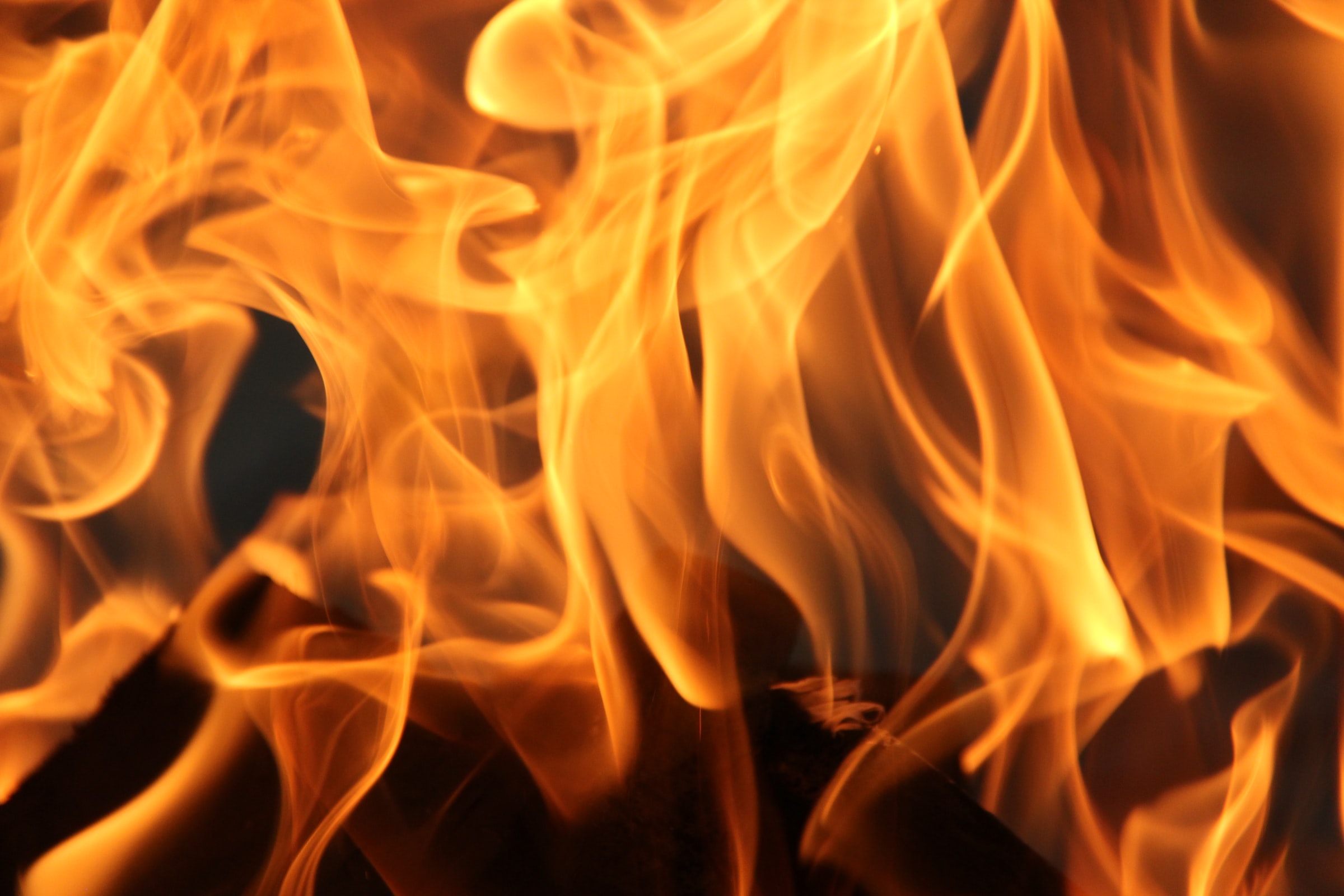
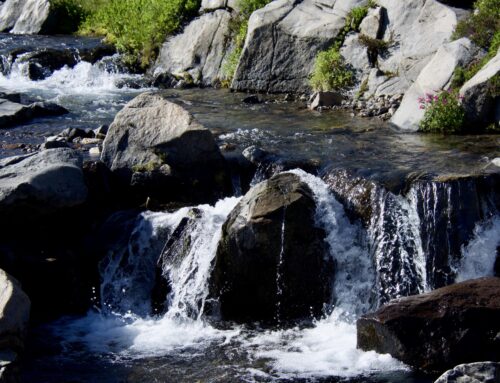
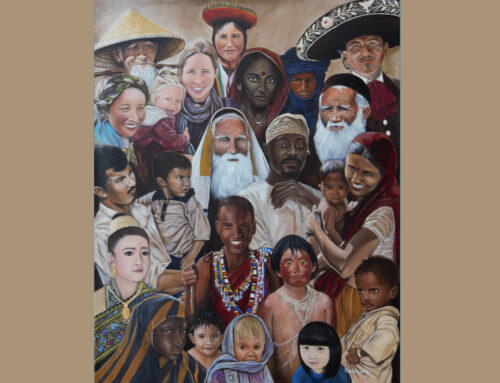
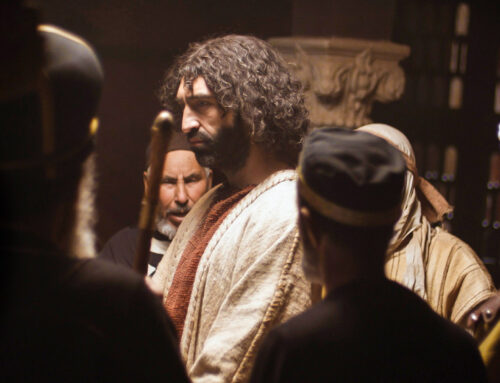
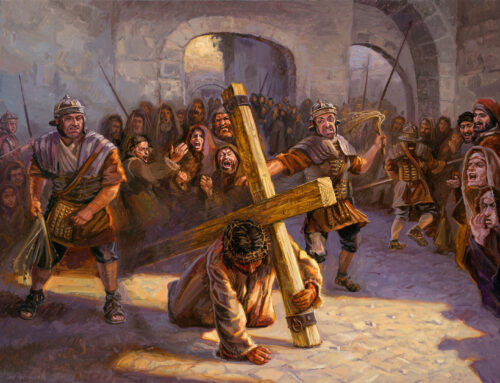
One of the great faith statements…..”the God we serve is able to deliver us……but if He does not…”
Yes, Dorene, it is a great faith statement. God can do this, but even if he doesn’t I’ll still trust him!
Thank you Ginger – such a wonderful story and promise! and God bless those who made the story into a song :-) https://youtu.be/6xrE-JMAfMY
Thank you, Lyndi, for sharing this video about a song which is new to me. It has a powerful message!
Our Big G God is God-in-charge-of-everything! Love your retelling of this never-old story.
Isn’t that the absolute truth, Joan, God-in-charge-of-everything!
Thank you Ginger, this is a great word. Iris Smith
It’s good to see you here, Iris. There is so much in this story that challenges and encourages, isn’t there!
Ginger